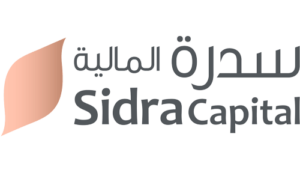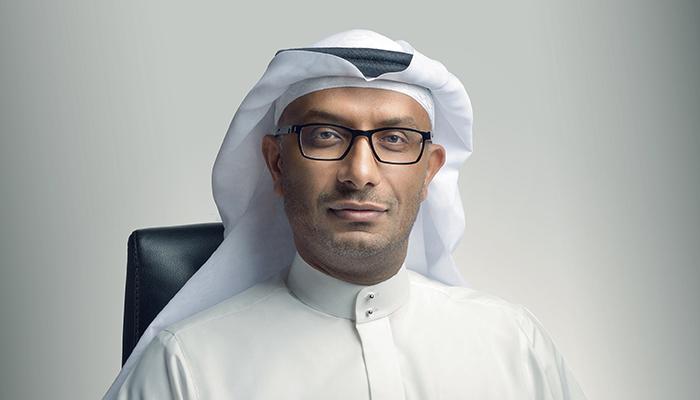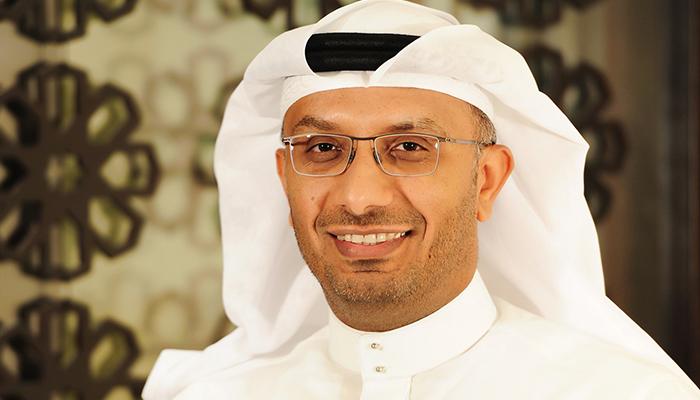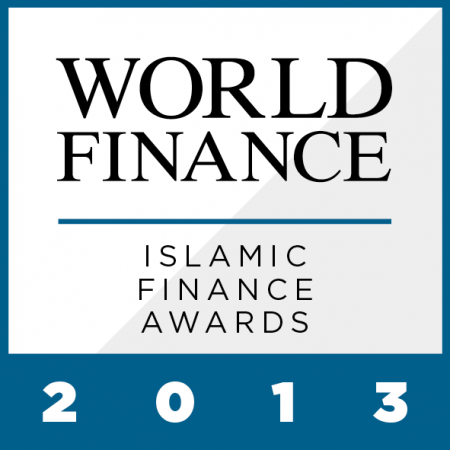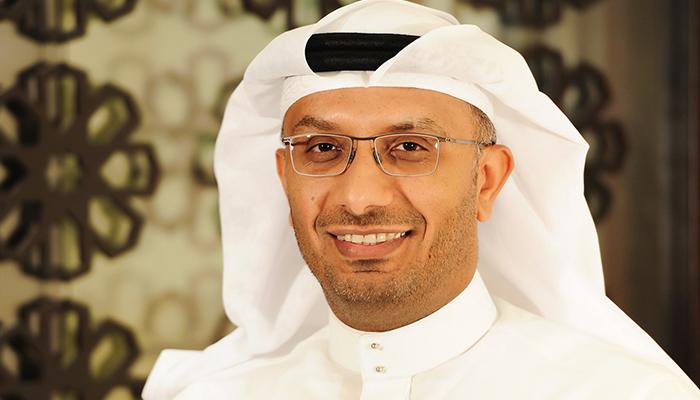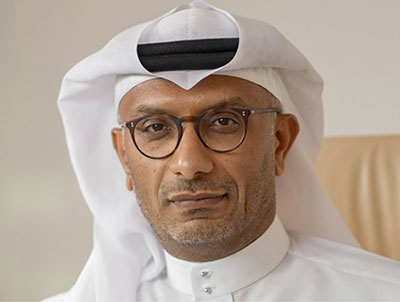
Saudi’s Sidra Capital on private equity, alts asset allocation
December, 2022
Amid the backdrop of shifting asset allocation dynamics and fluctuating valuations, Saudi-based Sidra Capital’s Hani Baothman shares his insights on alternatives and private equity.
In October, Saudi-based alternative asset manager Sidra Capital partnered with BlackRock Alternatives to launch the Sidra-BlackRock Asia-Pacific Private Equity fund. It will offer Shariah-compliant private equity (PE) opportunities in the Asia-Pacific (Apac) region.
In an exclusive interview with Citywire Middle East, Sidra chair Hani Baothman shares the firm’s plans for Apac next year, as well as delves deeper into the alternatives space in Saudi Arabia.
What kind of opportunities in Apac made you launch a Shariah-compliant PE strategy?
We see Asia as one of the leading regions in terms of private market investment opportunities, particularly in the growth equity space. Although historically China has been the focal point for most investors, we have been increasingly looking into other emerging markets with fast-growing consumer trends, such as Southeast Asia and India.
At the same time, with the prospect of a consistent drop in public markets, we feel that the net effect will be a slowdown of institutional capital for assets being raised for private equity managers. With the scarcity of capital and LPs pulling out their commitments, we see further opportunities to invest at attractive valuations.
Is this your first foray into Apac? Do you have any plans for more such strategies?
We have been investing in the Apac region for several years. Our focus has always been to understand the underlying dynamics of the country prior to understanding the investment opportunity. In some cases, this can take years but it allows us to have greater regulatory and political insight. This occasionally gets overlooked when analysing the fundamentals of an investment opportunity.
For instance, we have been investing across the commodity supply chain in Indonesia and other countries in the region since 2001 and have slowly expanded this strategy to encompass private debt opportunities. We also have PE exposure to a China fund. The quantum of investments has led us to establish a regulated Singapore office, which is being tasked with uncovering more distinct opportunities for investors looking for Shariah investment exposure in Apac.
How does PE assist an investor to construct an inflation-proof portfolio?
With the myriad of underlying strategies available in its arsenal, PE can respond to the current economic environment. During a period of high inflation, it is possible to select investments that can thrive against such a backdrop. PE strategies, such as real estate and infrastructure, as well as adjacent private markets strategies, such as private debt, display several attractive characteristics which allow us to hedge against high levels of inflation.
Can you suggest three tips to optimise an investor’s allocation to alternatives?
Alternative investments cover a vast and, at times, daunting array of asset classes – even for the savviest of investors. Our advice to investors is to first find the right partner that can give you access to the right deal and information but also clearly and concisely explain the investment dynamics. For those new to the asset class, we would advise investing on a limited basis by focusing on a single objective, be it greater returns or yield.
My final tip would be the most obvious, but at times gets overlooked, especially when chasing returns becomes the priority, and that is diversification, be it by geographic exposure, manager selection as well as liquidity, vintages, and strategy.
What are the most popular alternatives among investors in Saudi Arabia?
Real estate, locally and internationally, remains and will remain a popular destination for capital, especially as most investors feel real estate assets are effective hedges against inflation and higher yields. We are also seeing greater interest in private debt, especially as it has proven resilient during tough economic times when interest rates are rising due to inflation and other factors.
What are the risks associated with Shariah-compliant alternatives?
By and large, Shariah-compliant alternatives are no different from conventional alternatives when assessing the underlying asset class risk. These investments should be measured in the same manner as any other Islamic or conventional investment.
I would also suggest looking at the ‘Islamic premium’ being attached to the investment. These are hidden fees or costs associated with structuring an Islamic alternative investment, which cannot be substantiated in most cases.
